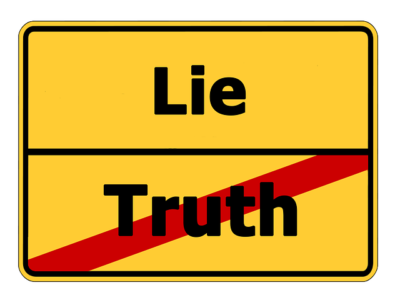Some of us who left the abusive church environment faced an identity crisis. After years, even decades, of involvement, the church is a part of us. Its structure and belief systems are part of who we were.
In nearly 27 years of being deeply involved in the church, it was a very crucial part of what made me the man I became. When talking to others, I shared how I was a Christian, a licensed minister in a church, and a member of our nation’s armed forces. My faithfulness in the church and my military career were deeply intertwined; I saw each milestone as not only a moment of personal achievement, but a testimony of how God used me to be an example to the men and women I served with. As I advanced in rank and earned my warfare qualifications in the Navy, the pastor also shared this with the congregation. We had a large number of men and women in the church who served in the military and had the same testimony. We made the church look great through our personal successes.
20 years of faithful, honorable service led to the privilege of retiring from the Navy. As I made the move to civilian life, I wanted to use the same drive to be that testimony to the people around me. I sought to be the best I could be in “the real world” just as I did in the service. My identity was still one where church, career, and service were intertwined. Each achievement on the job I took as an example of how God used me to be that example to everyone around me.
Then, the day came where everything was stripped from me. A year after starting a new job, I asked about changes in the church’s direction and teachings. I felt we were drifting from biblical teachings to a more watered down message. I sensed a loss of urgency in preaching the gospel. I also questioned why the church changed its name, removing ‘Apostolic‘ from it.
I voiced my concerns about embracing the 501(c)(3) IRS code, which places restrictions on what churches can and cannot say. There was also the discovery, through the state sex offender registry, that a church elder served time in prison for molesting an underage girl. Note: I didn’t have an opportunity to discuss the issue concerning the elder, but others did after my departure. I voiced my concerns to another elder, and my response was “I understand, brother, but HE’s the pastor.” This was a polite way of saying I was no longer welcome.
The reality of that statement floored me as I drove home. Decades of dedication to the church, forging a crucial part of what made me the man I became, was rendered void in one 10 second answer. My identity was taken away from me.
I have no answers to anyone at this time on how to find or create a new identity after being stripped by the church. I’m still working on that myself. I know I still believe in Jesus Christ, am a proud veteran, and a loving soul. At the same time, being booted from the church stripped me of a major part of my identity. I still struggle as many do in finding a church home where I can feel wanted, safe, and able to make a difference.
God bless us all as we reconstruct our lives in Him.
********
Shop at our Amazon store! As an Amazon Influencer, this website earns from qualifying purchases.





